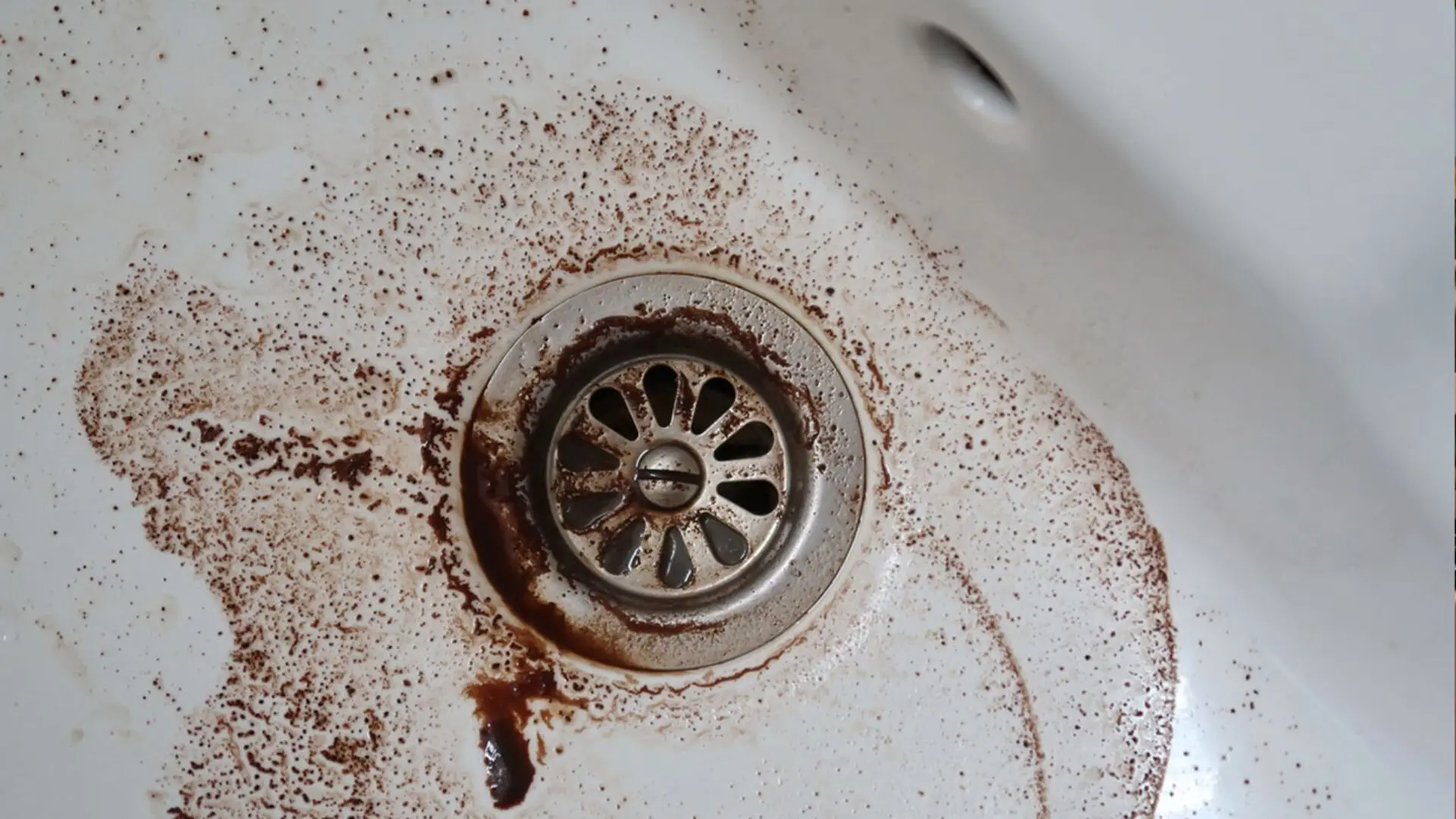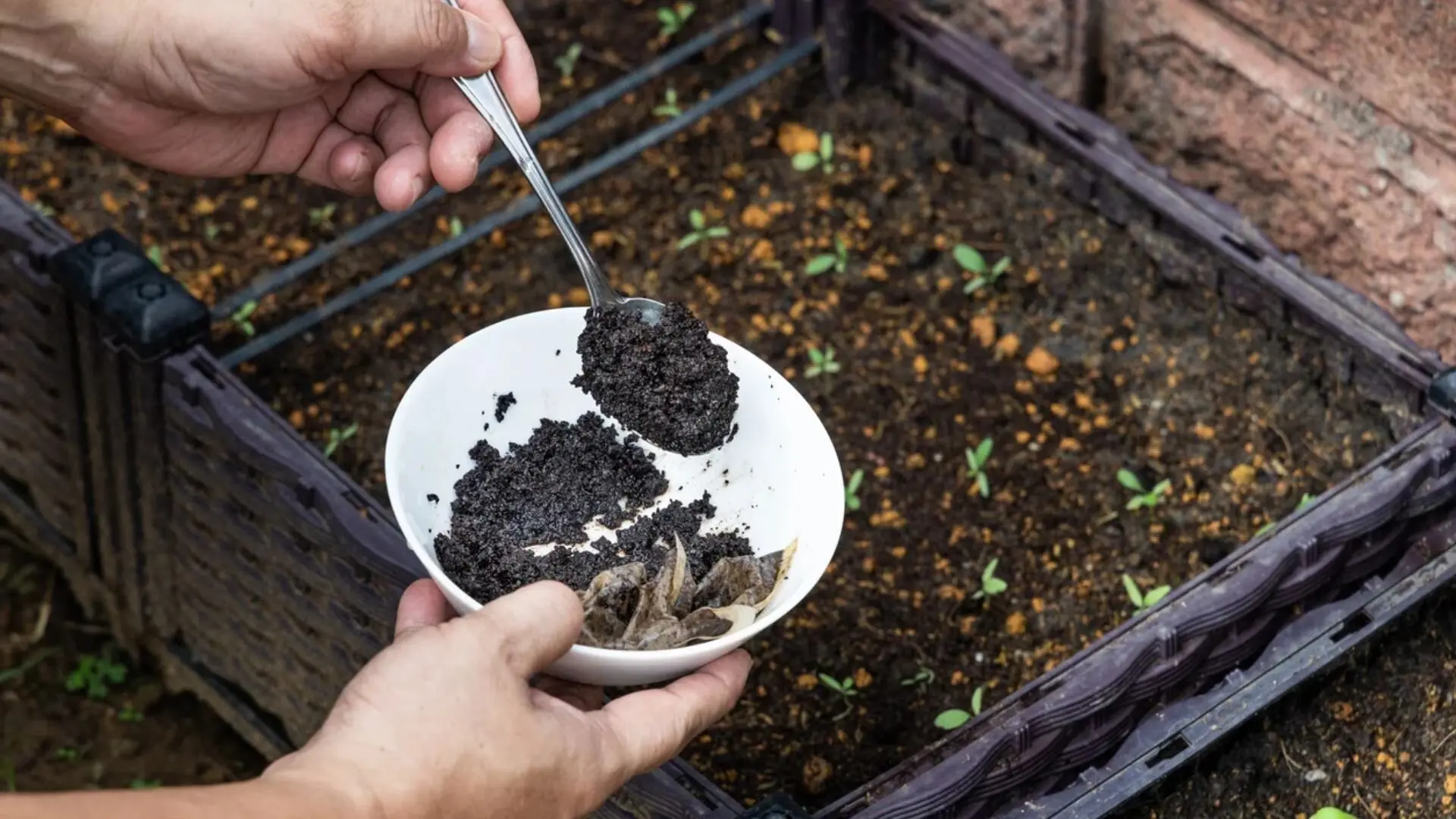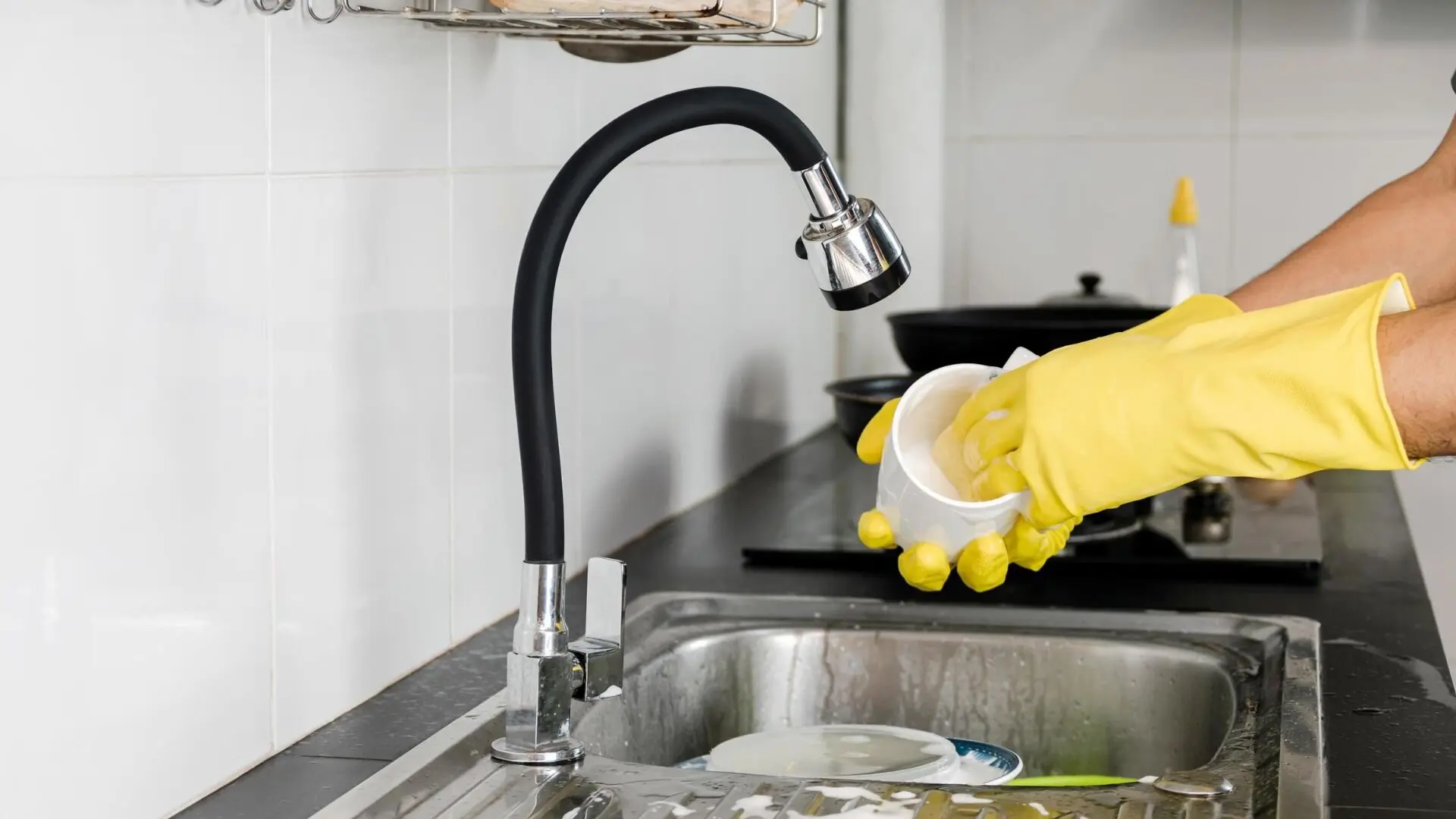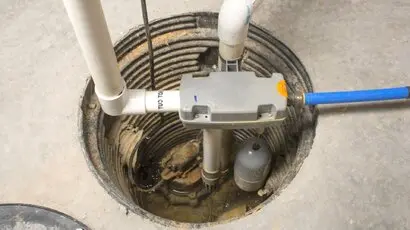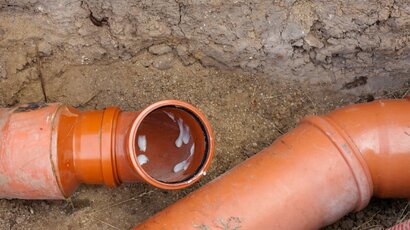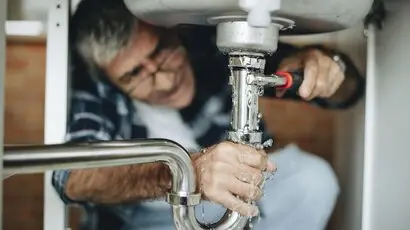Every morning kicks off with the lovely sound of the coffee maker and that enticing aroma of coffee beans. However, tossing used coffee grounds down the sink for convenience’s sake can spell trouble. Coffee grounds tend to clump together, leading to slow drainage and eventually clogging up your pipes.
Using a garbage disposal to remove coffee grounds might seem like a solution, but it’s risky. The disposal’s blades may grind food waste, but they aren’t effective against coffee grounds, which can stick to pipes and cause clogged drains.
Want to avoid the usual hassle of coffee grounds blocking your drains? Consider alternative disposal methods. Small tweaks in your kitchen habits can save your sink, keep the drains clear, and spare you the headache and cost of plumbing repairs.
Keep your drains clear and your mornings stress-free by rethinking how you dispose of your daily coffee grounds.
The Gritty Truth About Coffee Grounds and Your Sink
![]()
Coffee is a beloved beverage, but its grounds are notorious for causing clogged drains. Despite the ease of putting coffee grounds down the sink, this practice leads to slow drainage and, eventually, blocked drains.
Coffee grounds clump together when mixed with water; unlike other kitchen waste, they don’t break down quickly. Over time, the accumulated ground can create a significant blockage in your sink drain.
Garbage disposals, often mistaken as a haven for all food waste, are not designed to grind coffee grounds effectively. These devices are meant to handle fibrous items and softer food scraps, but coffee grounds can dull the blades.
Mixing coffee grounds with other things like coconut oil or dairy can lead to a messy blob that sticks to your pipes, worsening the plumbing situation.
The Domino Effect of Coffee Grounds in Your Plumbing
Let’s talk numbers: every time you put coffee grounds down the drain, you play a risky game with your plumbing system. If you’re washing coffee grounds down the sink once a day, that’s 365 instances a year where you’re building up the likelihood of blocked drains. Pair that with other foods that shouldn’t go down the sink, like starchy foods, banana peels, or fish skins, and you’ve got a recipe for disaster.
Coffee grounds block drains by adhering to the sides of drain pipes, and when combined with substances like coconut oil, they form a resistant sludge that even hot water can’t tackle. This sludge traps other waste, leading to a blocked drain that no amount of drain cleaner can fix. Slow drainage is often the first sign of trouble but quickly escalates to fully clogged drains.
A Garden’s Best Friend: Coffee Grounds Done Right
Instead of putting coffee grounds down the drain, put them to good use by incorporating them into your compost or planting beds. Coffee grounds are a treasure trove of nutrients for garden plants, providing nitrogen, phosphorus and potassium as they break down. They can be added directly to compost bins, where their particles attract decomposition helpers like worms.
![]()
You can also sprinkle coffee grounds around acid-loving plants like blueberries, roses and hydrangeas to nourish the soil as rain washes them. The grounds also work as a natural flea repellent - their oils make an uncomfortable barrier around stems.
You’ll use a free byproduct to redirect your used grounds to the garden and protect drainage systems. Your plants will thrive, and you can feel good knowing it’s one less potential clog risking future plumbing headaches.
The Alternative Route: Proper Disposal of Coffee Grounds
The golden rule? Just don’t put coffee grounds down the sink. Always opt for composting instead. If you don’t have a compost bin, it might be time to get one. Recycling coffee grounds with other food scraps, like fruit peels and eggshells, is a brilliant plan. And if composting’s off the table, simply toss the grounds in the bin.
But if you’re determined to use the used coffee grounds, plenty of creative alternatives exist. From using them in the garden to adding them to homemade scrubs or using them to deter pests, coffee grounds can have a second life beyond your coffee cup.
Preventing a Plumbing Catastrophe
To protect your drains and avoid the hassle of a blockage, here are a few simple tips:
![]()
Collection is Key
Keep a sealable container right by the coffee maker to collect used grounds with ease. Make sure to regularly empty it into the compost before it starts overflowing.
Clean Up Spills Immediately
If grounds are accidentally washed down the drain, wipe down the counters with a towel to prevent residue from coating the pipe walls.
Routine Drain Maintenance
Pour baking soda and then vinegar down drains monthly to bubble away residue. Flush with boiling water weekly to dissolve grease and maintain a smooth flow.
Garbage Disposal Guidance
Never put more than 1 or 2 used filters in the disposal at a time. Run cold water and use the waste match function to flush particles thoroughly.
Spread Awareness
Post reminders near sinks and share drain dangers with housemates. Switch to compost-friendly grounds containers throughout the home.
Professional Help
Consider an annual drain inspection and cleaning service for catch-alls. Contact a plumber immediately if clogs are detected.
Simple solutions like collection and regular maintenance allow you to easily avoid costly plumbing issues from everyday coffee enjoyment. Protect your pipes and drain system the natural way.
The Ground Rules for Coffee Disposal
Coffee may be essential for starting your day, but it’s crucial to remember that coffee grounds and your sink are not friends. By understanding the dangers of coffee grounds in drains and adopting better disposal methods, you can keep your plumbing system healthy and your drains clear.
Whether through composting or recycling, giving your used coffee grounds a new purpose can save you from the headache of clogged drains and costly plumbing repairs. Follow these ground rules, and your pipes and wallet will thank you.
Don’t let a clogged drain throw your routine out of whack. If you’re dealing with stubborn blockages or need expert advice, get in touch with WP Plumbing in Melbourne. Our team is here to help keep your drains clear and provide top-notch plumbing services. Remember, a bit of precaution goes a long way. Keep your plumbing in tip-top shape, and contact WP Plumbing today.

